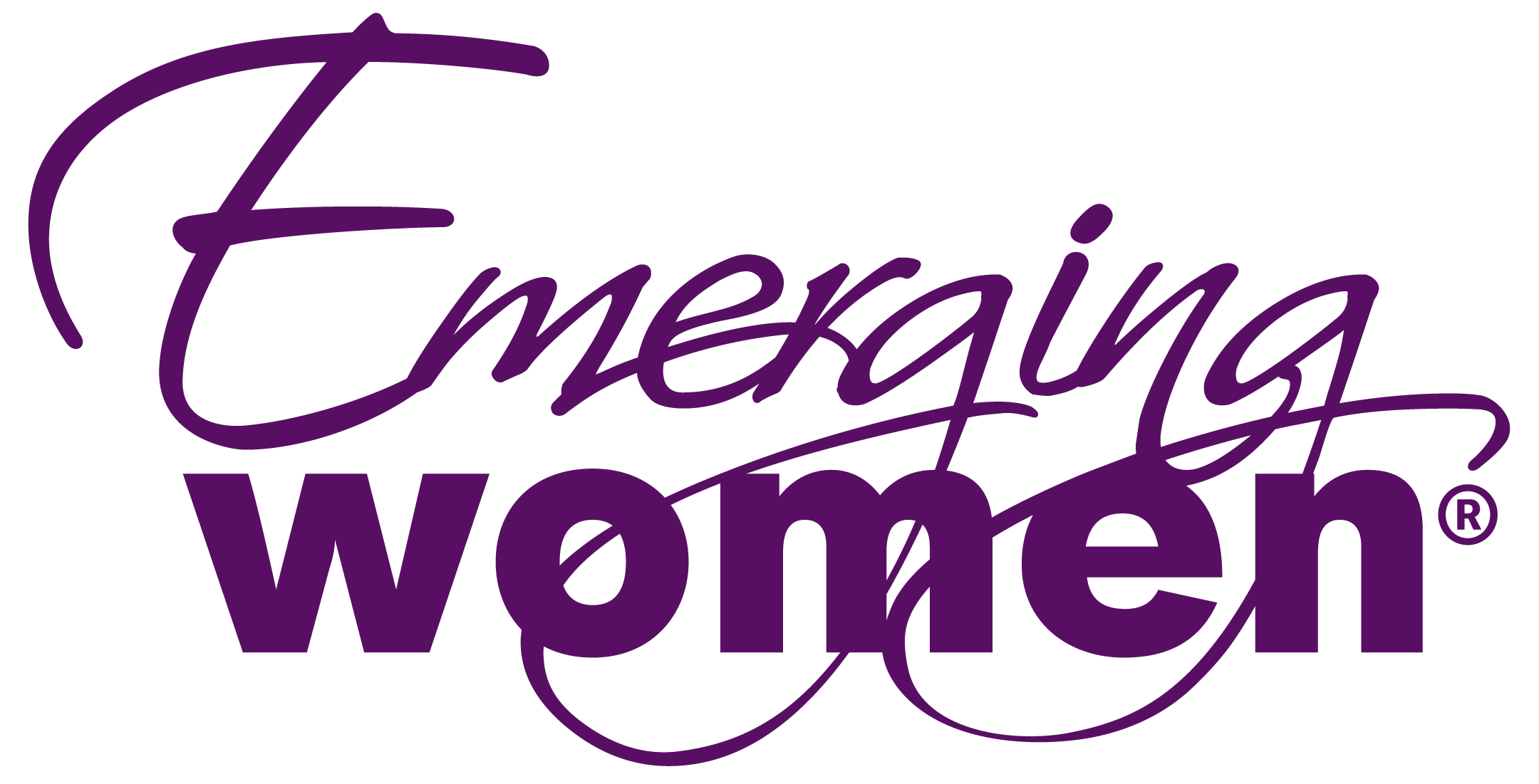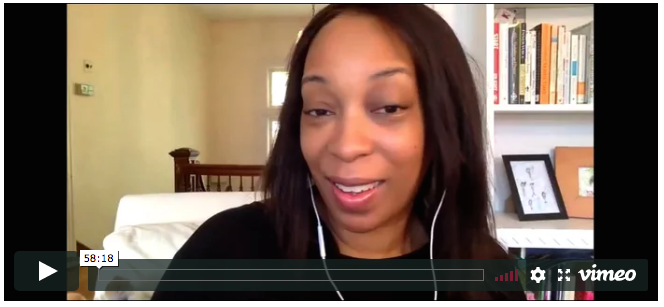There is one question that guides all of the work that Wokie Nwabueze does.
What does each woman need to do or reclaim in order to be able to speak with power and authority?
We all know the tide is turning in favor of women speaking up in difficult conversations. But just knowing there’s a movement isn’t enough to prepare us to actually have those difficult conversations.
Lucky for us, Wokie is here to help.
Mindset
In Wokie’s most recent Emerging Women Power Boost, she notes that it’s easy to lose integrity with yourself before you even walk into a difficult conversation.
To effectively advocate for yourself, you have to decide that you are in your authority, and that you’re comfortable with that. You have to inject yourself in a way that is powerful.
In Wokie’s words, you have to roll out your ideas like Rihanna on the red carpet. You must demand to be seen and heard so that you can overcome that barrier of invisibility women leaders are so often up against.
Phases of Constructive Dialogue
Once you’re feeling full-on Rihanna about yourself, you can further prepare by running through Wokie’s 5 Phases of Constructive Dialogue. To hear Wokie go into more detail about each point, watch the replay of her Power Boost HERE.
1. Planning
Get clear on your needs. Be deeply honest with yourself. When you can articulate exactly what you need and why, you’re much more likely to bring keep a conversation on track and bring the conflict to a satisfactory resolution.
2. Outline of Issue
Explore how you can present the issue in a nonjudgemental, objective way. Try attaching the needs you’ve identified directly to the issue at hand.
Say your partner leaves wet towels on the floor and it drives you nuts. Telling them, “I need to know you respect our shared space,” can lead to an infinitely more productive outcome than “You’re such a slob! You drive me nuts!”
3. Dialogue/Discovery
Now it’s time for connected conversation. Talk, listen, and ask questions. Find a way to recognize each other’s humanity through it all. As Wokie says, “Empathy is the holy grail of all communication.”
In the towel example, you might ask, “What does respect of space mean to you?” Be ready to listen openly to an honest response.
4. Value Exchange
Don’t forget, there’s a person who has their own needs and fears on the other side of this conversation. What might you offer to exchange with them so that both parties can come out with a win?
It’s also important to check in with yourself to see whether you are rushing to make everyone comfortable instead of focusing on your needs. Planning with Wokie’s 5 Phases will make you much less likely to do this.
5. Agreement/Next Steps
If the mere mention of conflict gives you the shivers, remember that conflict is simply the meeting of two different views or needs. All conflict offers the possibility of change and positive resolution!
What If You’re Getting Derailed?
Even with a lot of good planning in place, conversations can get derailed.
Wokie outlines the most common things that send us off track, and shares her methods for getting back on course later in her Power Boost. If you want to hear more about that, you can watch the replay HERE.
These tips are especially helpful if you’re feeling overwhelmed, if the conversation is going on too long, or if you’re accused of being too emotional.
The Power Boost ends, as always, with an eye-opening Q&A from the viewers. We hope you’ll watch the whole video to prepare for your next difficult conversation. Members, you can find it here. Not-yet-members, you can see it (and a lot more) by starting your free trial today!



